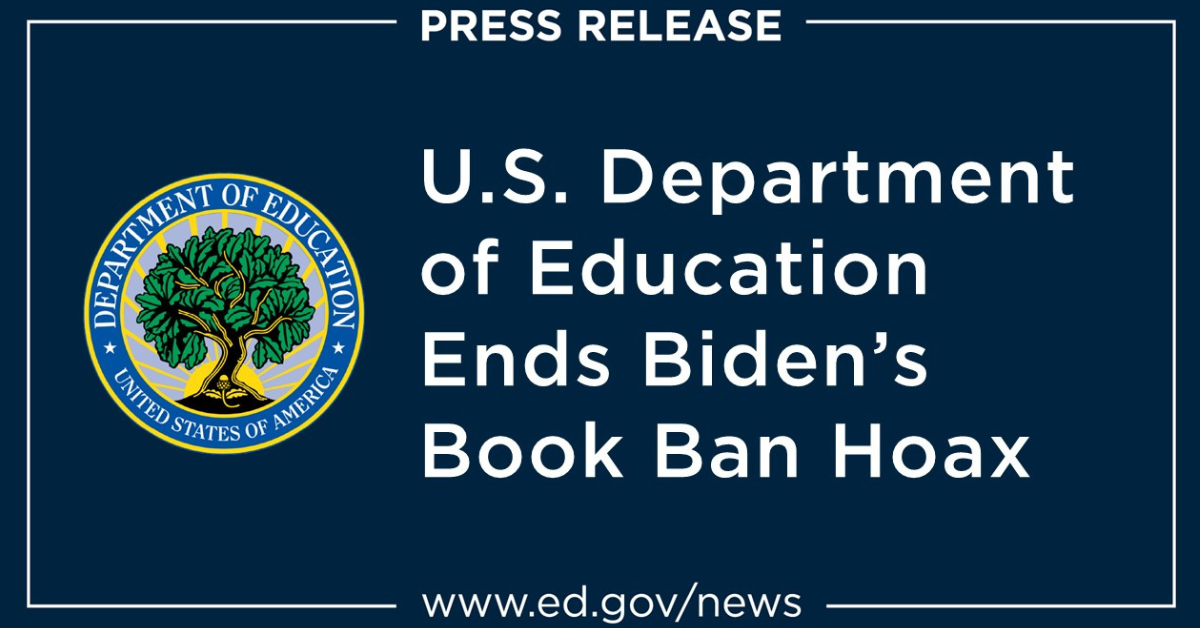The Kids’ Right to Read Project (KRRP), a signature initiative of the National Coalition Against Censorship (NCAC), has been at the forefront of defending the freedom to read for over 20 years. We condemn the recent actions by the U.S. Department of Education in dismissing complaints about book bans and referring to these challenges to access as a “hoax.” This rhetoric is not only dismissive of the reality of censorship in schools, but it also ignores the voices of students, educators, librarians, and parents who are actively engaged in advocating for the freedom to read.
Since 2018, KRRP has documented over 450 instances of book challenges across K-12 schools and libraries, and our work has never been more urgent. The removal of books from shelves—often based on political, moral, or religious objections—directly undermines students’ right to access diverse perspectives, ideas, and stories. These challenges disproportionately target books that reflect the lived experiences of marginalized communities, particularly those addressing issues of race, racism, LGBTQ+ identity, and sexual violence.
Contrary to the Department of Education’s claim, the censorship happening in schools is not based on an imagined or overblown “hoax.” It is a very real and growing issue we see playing out in communities nationwide. Local activists, teachers, librarians, and parents are standing up to ensure that every child has access to books that will help them understand the complexities of our world. The NCAC’s Right to Read Network (RRN), a national coalition of freedom-to-read advocates, empowers communities to fight book bans at the local level by providing resources, legal support, and best practices. This grassroots activism is essential to preserving the educational integrity and diversity that our schools must uphold.
The Department of Education’s decision to eliminate the position of “book ban coordinator” and dismiss these complaints is a dangerous step backward. It sends a message that the rights of students to access books—whether they be works of literature, history, or social justice—are secondary to political agendas that seek to silence marginalized voices. The First Amendment guarantees that every individual has the right to read without government interference, but this right must also be safeguarded in the face of growing political pressure to limit access to certain ideas and viewpoints.
We believe that every parent has the right to guide their own child’s learning, but no one has the right to dictate what other children should or shouldn’t read. School libraries must remain spaces where diverse ideas, literary merit, and educational value take precedence over personal or political agendas. Removing books that reflect the reality of our diverse society only serves to isolate students from the complex world they will encounter as adults.
We stand in solidarity with all those who are fighting against censorship in schools and libraries. The Kids’ Right to Read Project will continue to offer support, advocacy, and resources to those on the frontlines of this battle. We urge the public, educators, and lawmakers to remain vigilant and ensure that students continue to have the freedom to read, to learn, and to grow.


